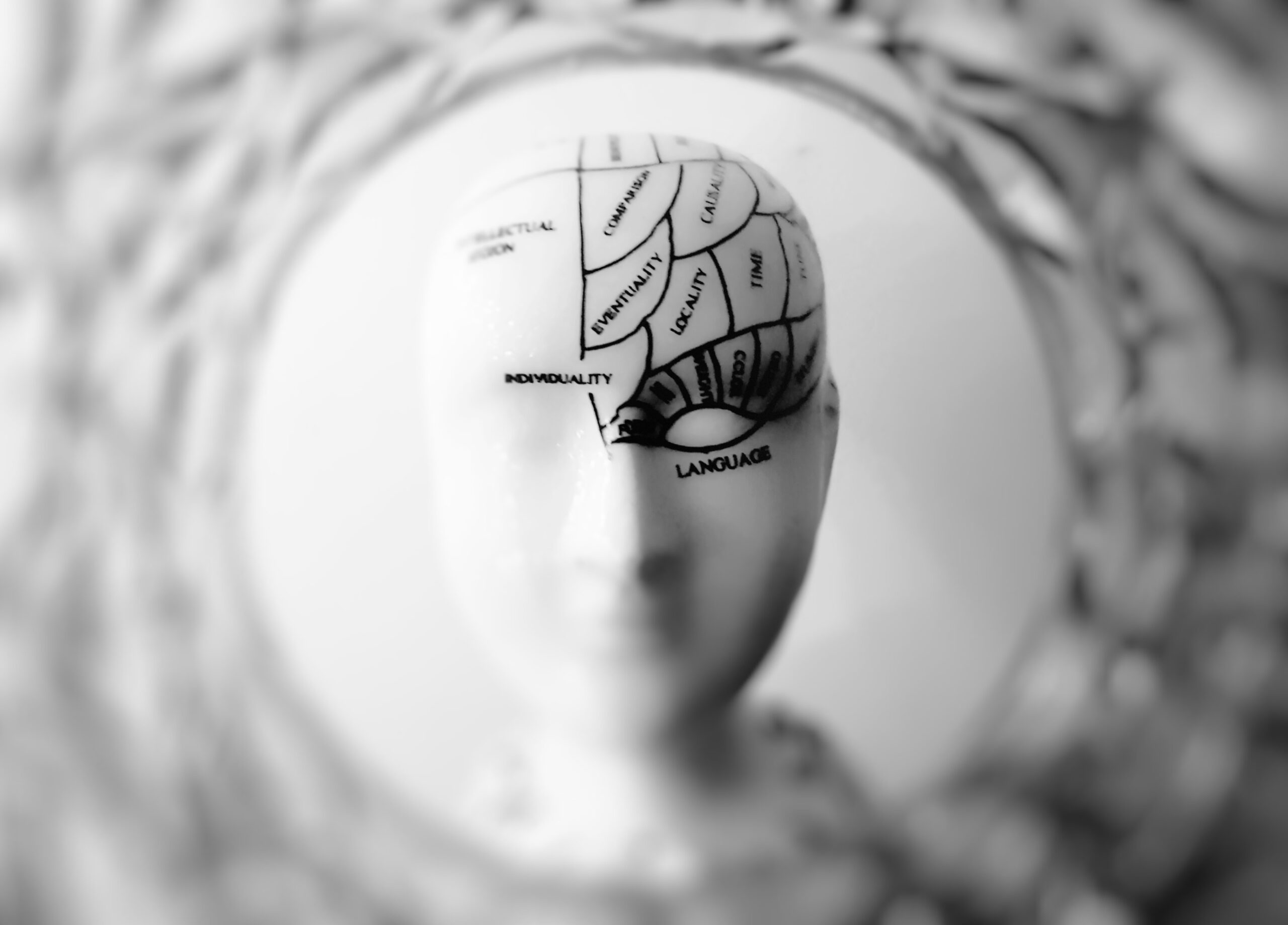Traumatic brain injuries or TBIs can change your life forever. Unfortunately, they affect almost 2 million people every year, according to the Centers for Disease Control and Prevention (CDC). Of these statistics, around 52,000 pass away due to TBIs, and 275,000 require hospital care. These patients are often entitled to receive sizeable financial compensation for their injuries and other losses due to their TBI.
However, these individuals must also establish liability on the part of the party responsible for causing the TBI, which can be a complicated legal issue. For this reason, if you or anyone you know sustains a TBI, you’ll need to contact a brain injury lawyer in New York right away to represent your legal rights.
Establishing Negligence in a TBI Case
An important part of establishing legal liability in the event of a TBI is to prove that the other party was negligent, causing the victim’s TBI. That might involve showing that the other party failed to behave carefully enough, as other people would in the same or similar circumstances, that would have prevented the injury. However, this will involve presenting enough evidence to prove this. The stronger the evidence, the more likely you can recover enough compensation to treat your injuries.
Examples of Negligence Resulting in a TBI
There are three examples of negligence types that may cause TBI in a person. They are the following:
1. Defective Products
Some TBIs occur due to defective products. The victims must introduce evidence of the product’s defective nature, such as the faulty design, manufacture, or marketing. The evidence may also include expert testimony, a clear departure from industry standards, or the results of an independent investigation conducted by agencies like the Consumer Product Safety Commission.
2. Distracted Driving
If the TBI occurred due to a car collision with another vehicle, the victim could prove that the other party is guilty of distracted driving. The victim must introduce evidence that proves the driver was distracted when the accident occurred, such as cellphone records, witness statements, or even surveillance footage of the accident.
3. Impaired Driving
Alternatively, the victim can also prove that the accident was caused by a drunk or drugged driver, whose consumption of a substance impaired their ability to drive and safely maneuver a vehicle. However, to prove this, the victim must present evidence that demonstrates the relevance of the intoxication, such as breathalyzer testing, police reports, witness statements, and other kinds of chemical testing. If the driver has a history of driving while impaired, that will make the victim’s case even more substantial.
Conclusion
Those who sustain a TBI resulting from someone else’s negligence must speak to a traumatic brain injury attorney in New York as soon as possible. Most of the time, TBI victims recover their rightful compensation for their medical expenses and other costs, like lost income, a significant reduction in quality of life, and pain and suffering. By speaking to an attorney right away, you’ll enjoy a much higher chance of getting the compensation you deserve.
Ronemus & Vilensky are brain injury lawyers in NYC with many areas of practice, such as personal injury, civil rights, medical malpractice, sexual harassment, auto accidents, lead exposure, and many more. These accidents can have devastating effects, and our attorneys have won over $20 million in damages for victims. Contact us today to learn more about how we can help you with your case.
